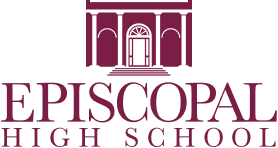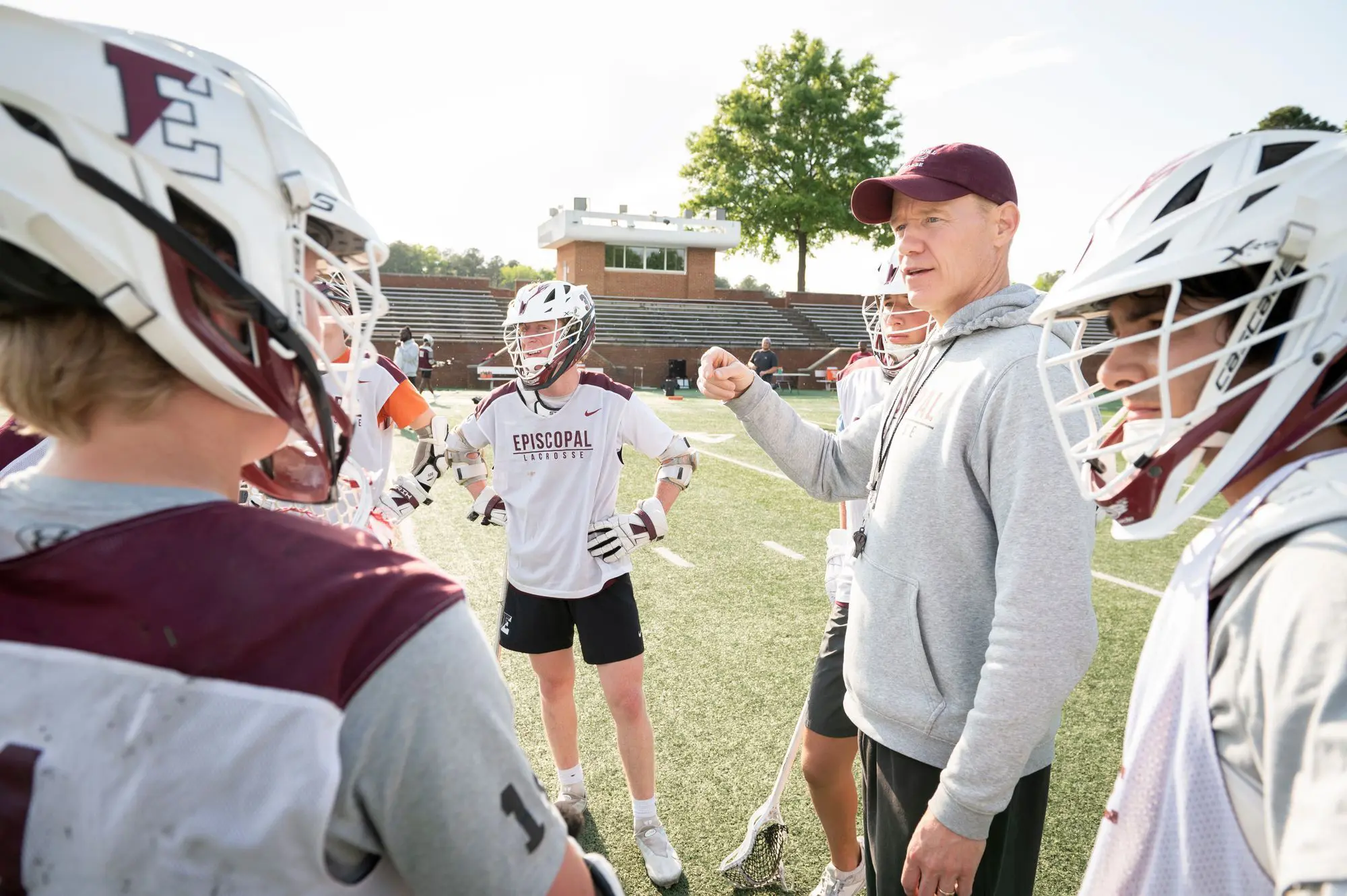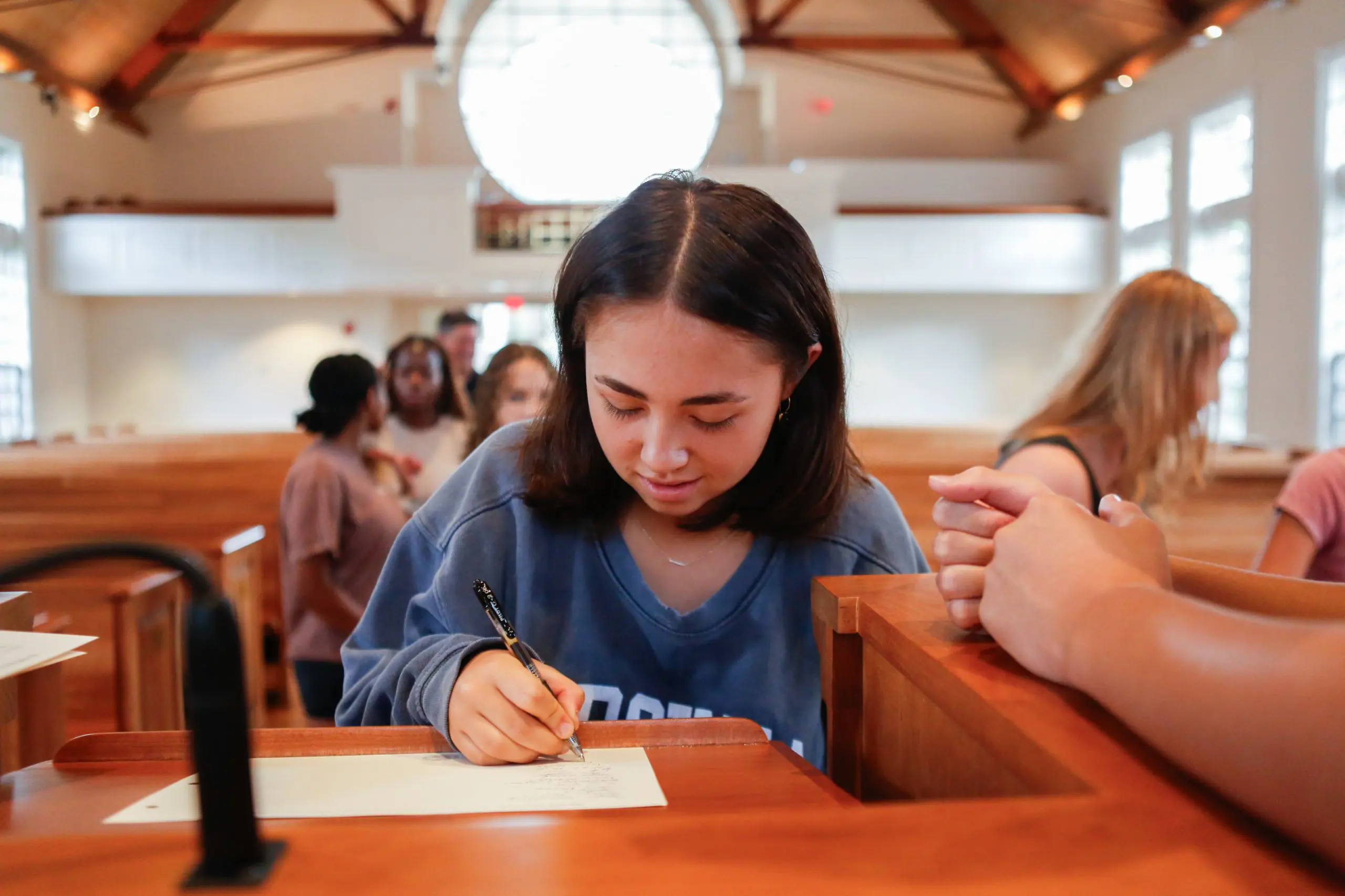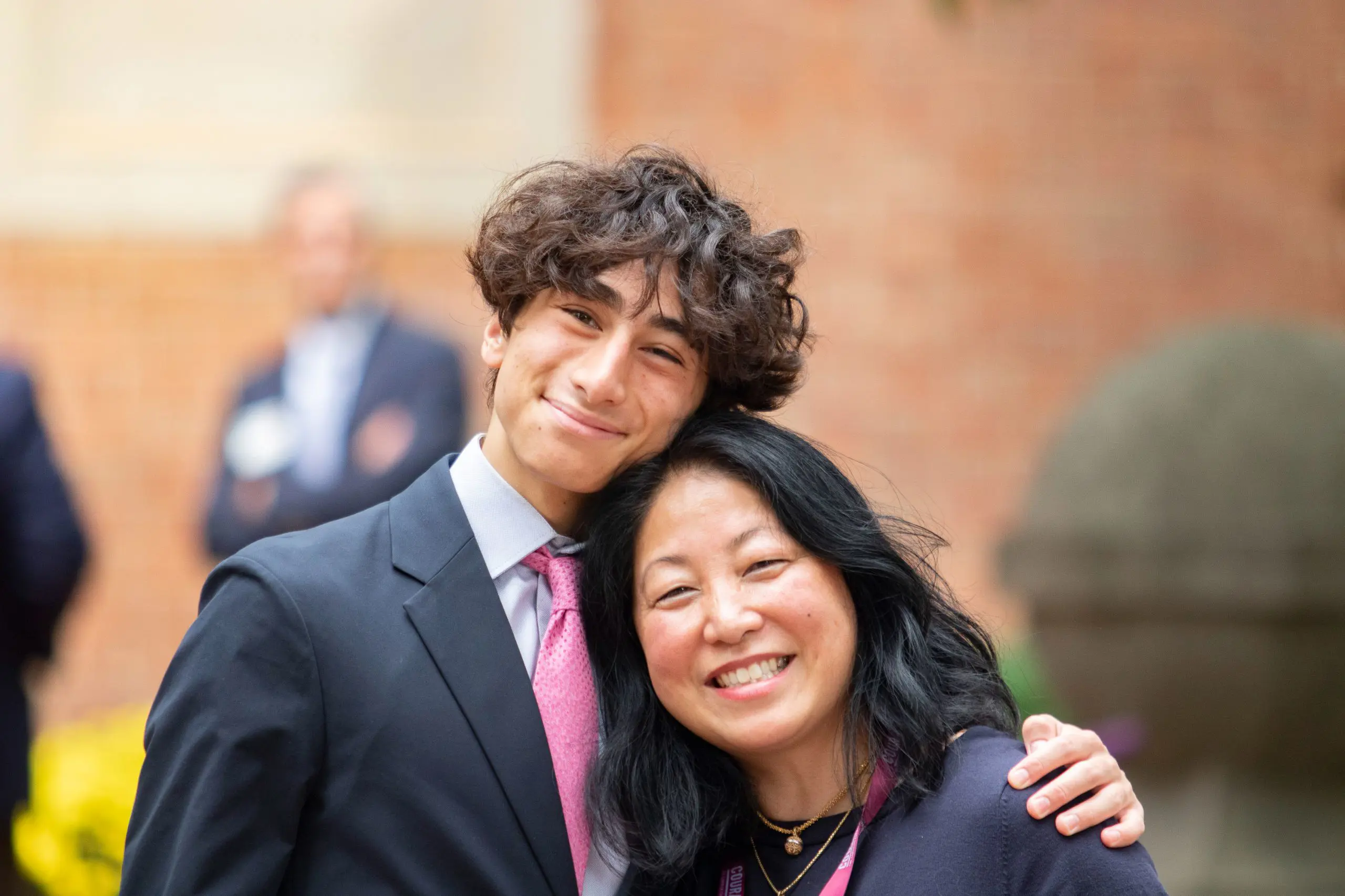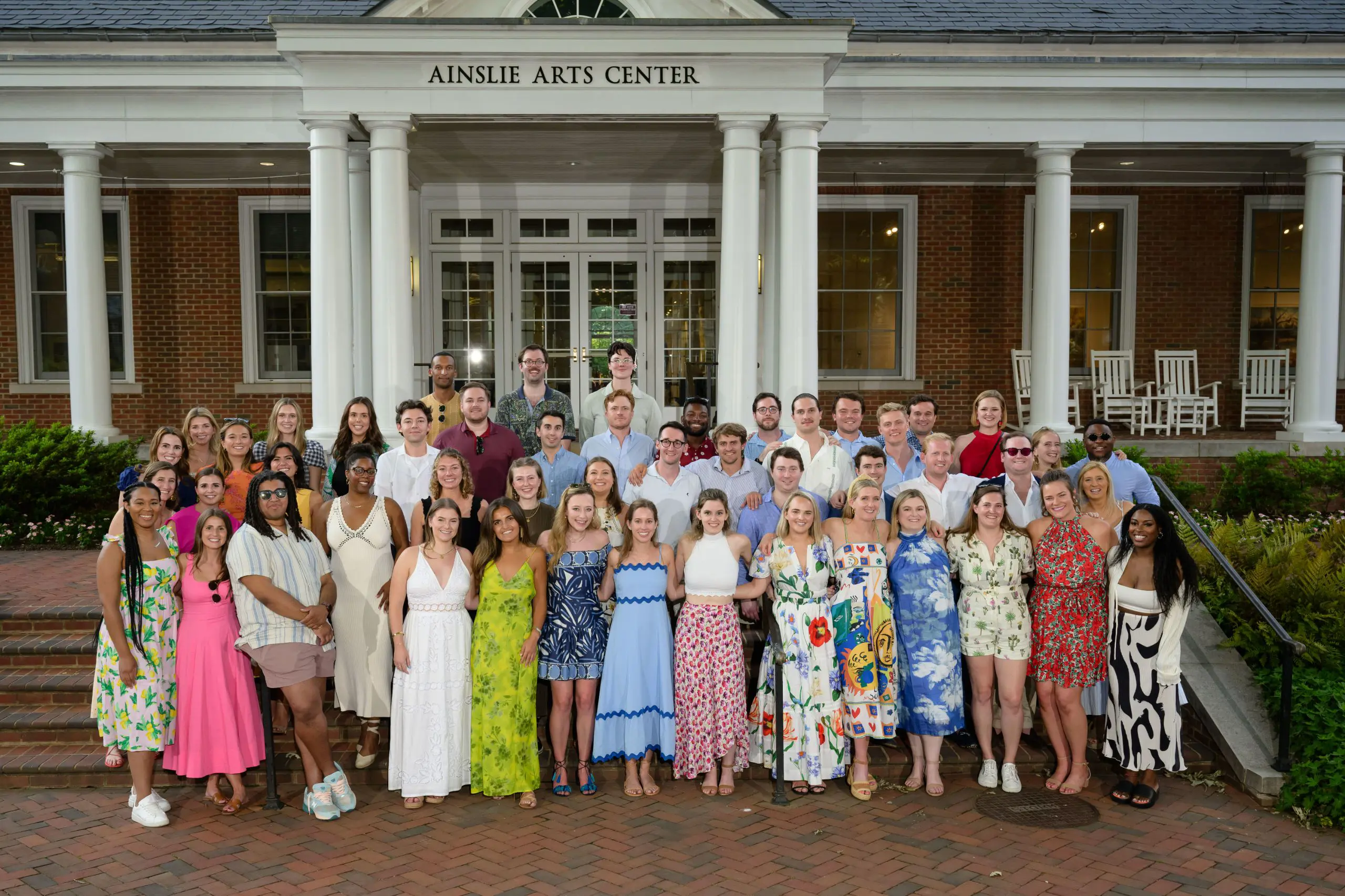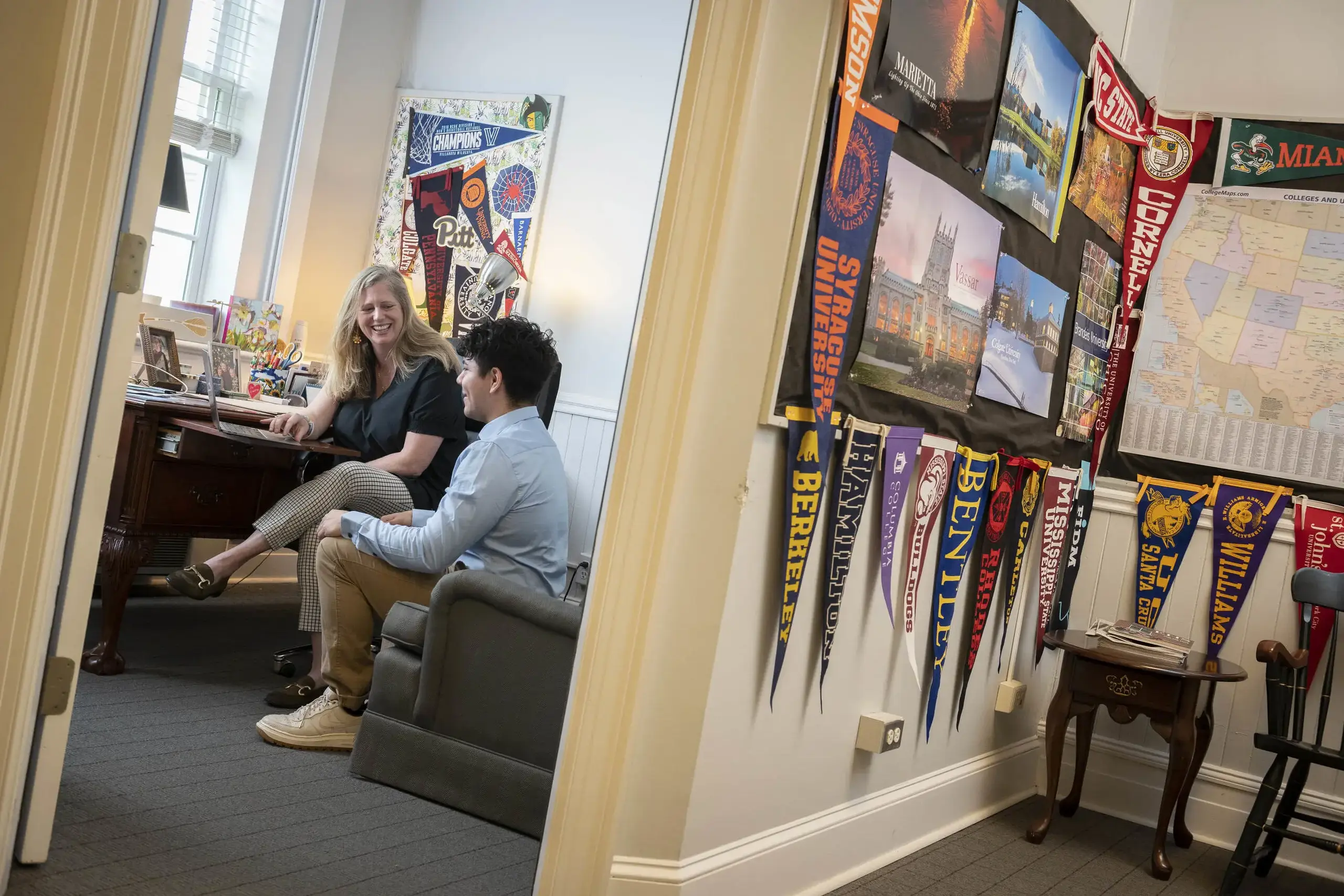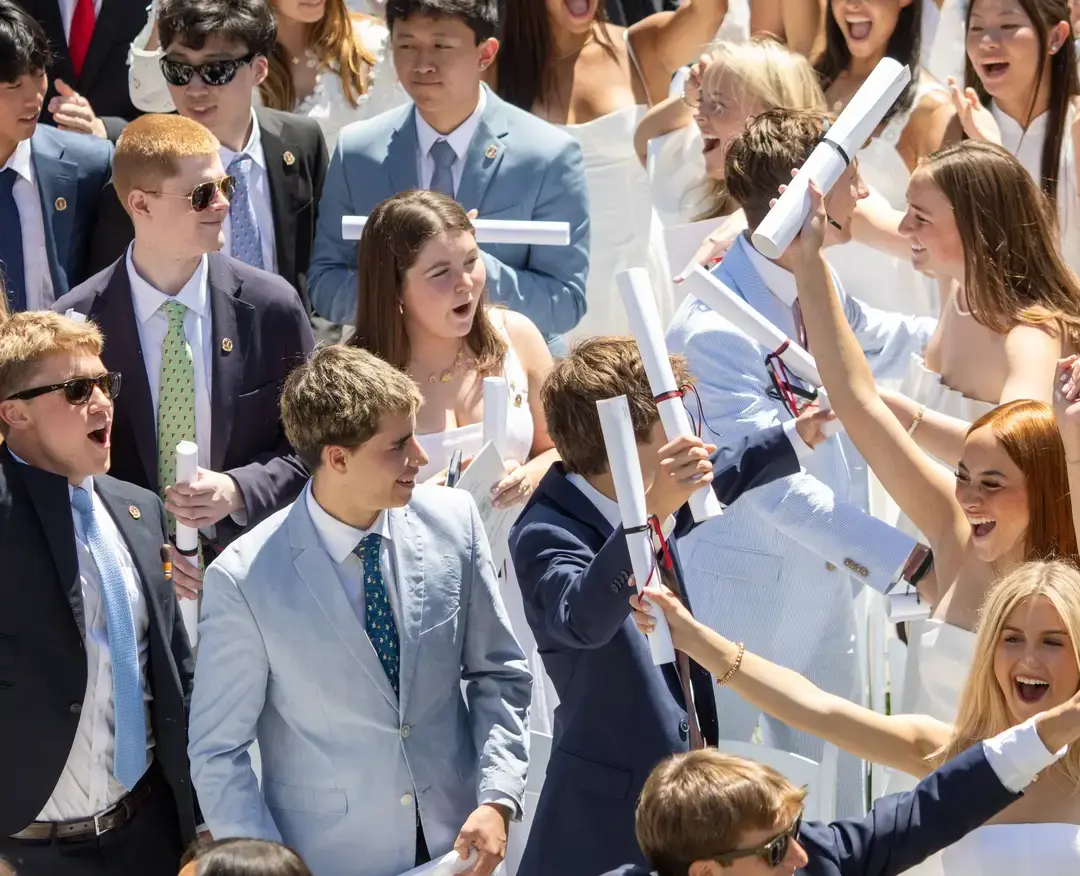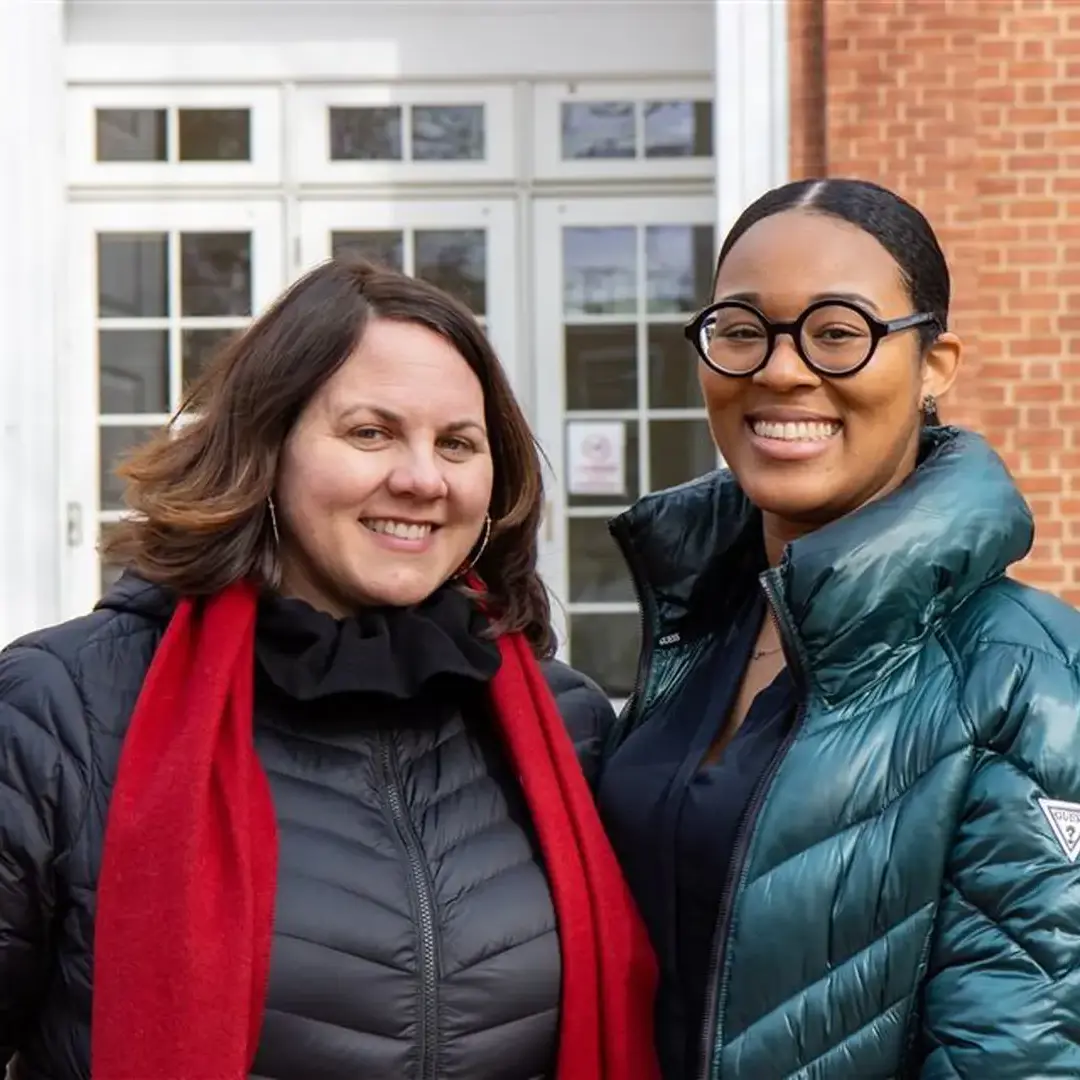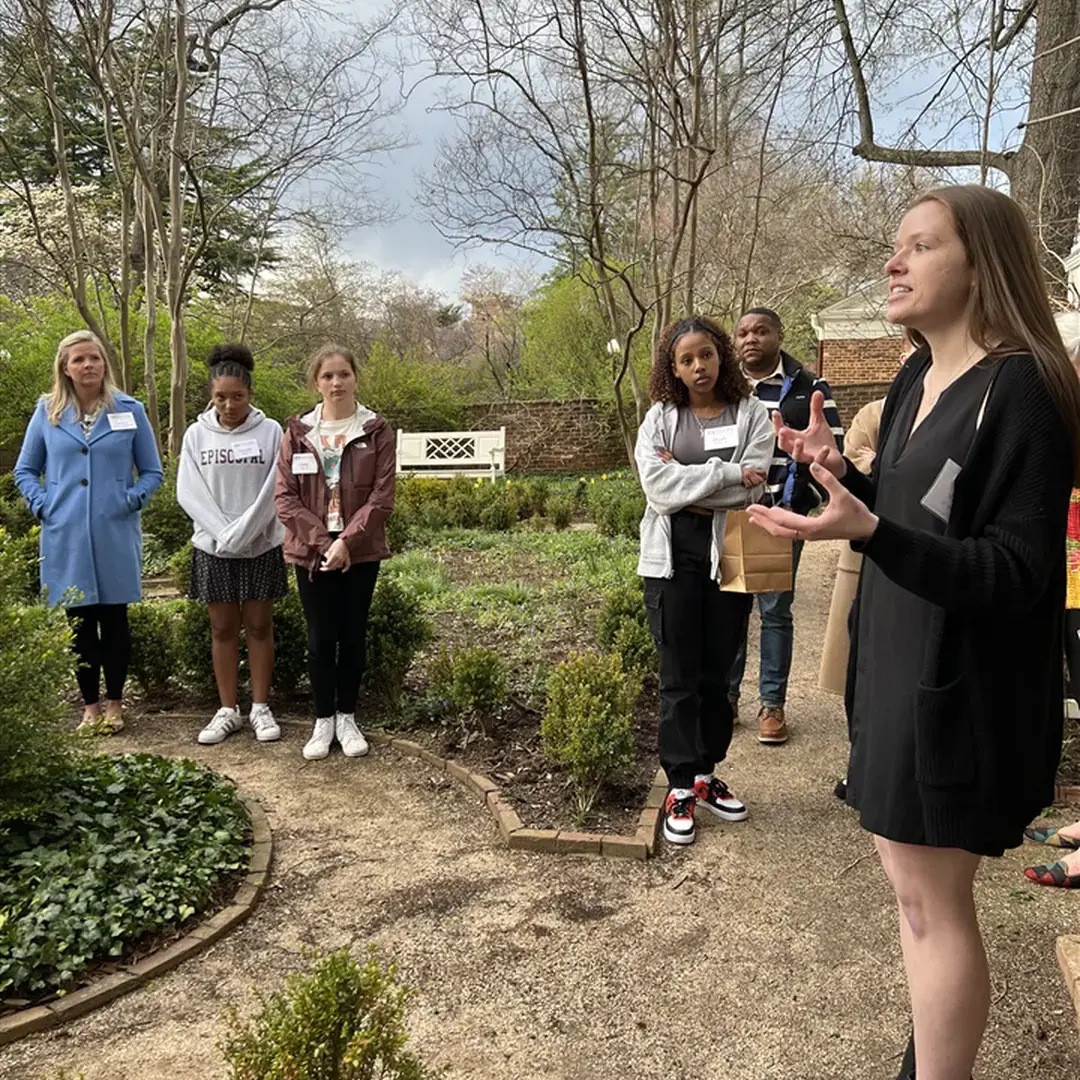From Peace Corps volunteer to international aid strategist, Edward Rackley ’84 has spent decades navigating warzones and humanitarian emergencies, driven by one mission: to make the world’s most fragile places just a little more stable.
College Counseling
The college counseling program at EHS is designed to help students explore their strengths and interests and, ultimately, gain admission to the colleges and universities that best suit their ambitions and aspirations.
Our dedicated team of college counselors offers highly personalized guidance throughout the college process and maintains connections with colleges and universities across the country and internationally. Counselors help students shape a purposeful course of study, identify best-fit schools, and submit powerful applications that are as unique as they are.
The result? Our students are prepared and competitive candidates, ready for the college, where they will forge their future. EHS graduates attend amazing colleges and go on to interesting graduate programs, fulfilling careers, and meaningful community leadership.
| For College Admissions Officers |
|---|
| College representatives may schedule an in-person or virtual visit for the fall through Scoir. We also welcome any representatives who are able to offer our students an opportunity to interview as part of the application process. We recognize the value of this meeting for both admission officers and our students. Please feel free to contact us if you need assistance scheduling a visit or would like to offer interviews to our students on campus. |
| Transcript Requests for Episcopal Alumni |
| Graduates of EHS who require official transcripts should request transcripts via Parchment. |
As a member of the National Association for College Admissions Counseling (NACAC), Episcopal High School adheres to the NACAC Statement of Principles and Good Practice governing communication between school and colleges endorsed by the Association.
Begin the Exploration
Episcopal's 100% residential community provides ample opportunities for the college counselors to work closely with students. As a result, the counselors know the students well and can advocate strongly and work diligently to convey each student's strengths.
Students are encouraged to consider a wide range of possible college choices, exploring everything from what fields of study interest them to what type of campus community appeals to them, ultimately leading towards discovering the best match between student and college.
All students are encouraged to take advantage of the College Counseling Office resources. Our formal college planning process takes place in the following stages:
| Freshman Year |
|---|
| The top priority in 9th grade is for students to concentrate on academics and a smooth transition to boarding school life. In the spring, students will work with their advisor to develop a 10th grade course plan and explore personal interests and activities at EHS. |
| Sophomore Year |
Fall Semester
Spring Semester
|
| Junior Year |
Summer before Senior Year
|
| Senior Year |
Fall of Senior Year
Spring of Senior Year
|
